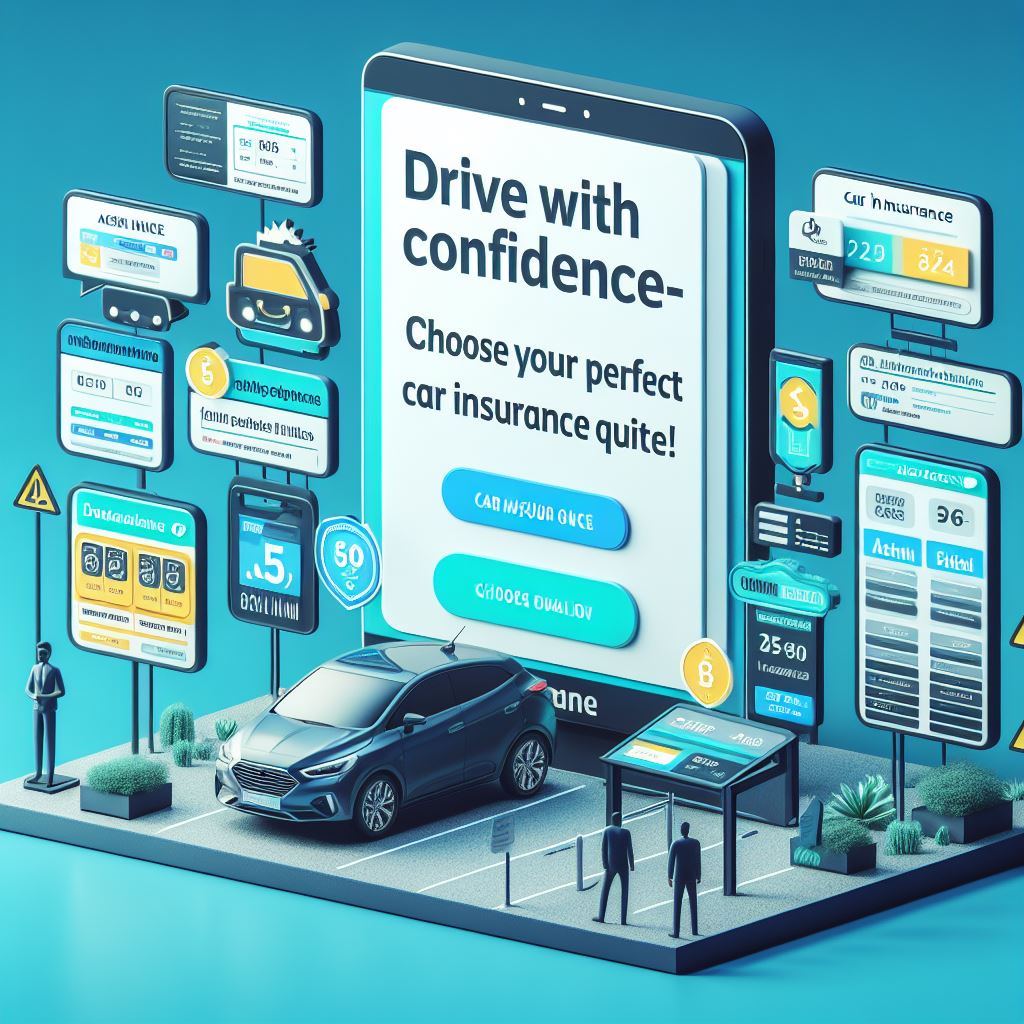
Is it feasible to negotiate cheap insurance charlotte rates with providers?
Negotiating cheap insurance rates in Charlotte with providers is feasible in certain circumstances, but it may not always be straightforward. While insurance companies often have set premiums based on various risk factors, there may still be room for negotiation, particularly for customers with favorable profiles or those willing to adjust their coverage options.
One approach to negotiating lower cheap insurance charlotte rates is to shop around and compare quotes from multiple insurance providers. By obtaining quotes from different companies, customers can leverage competing offers to negotiate better rates. Insurance companies may be willing to adjust their premiums or offer discounts to attract new customers or retain existing ones, especially if they perceive the customer as a low-risk policyholder.
Additionally, customers can explore opportunities for discounts or incentives offered by insurance companies. Many insurers provide discounts for factors such as bundling multiple policies (e.g., auto and home insurance), maintaining a clean driving record, installing safety or security devices in the home or vehicle, or participating in defensive driving courses. By taking advantage of available discounts, customers may be able to lower their insurance premiums without sacrificing coverage.